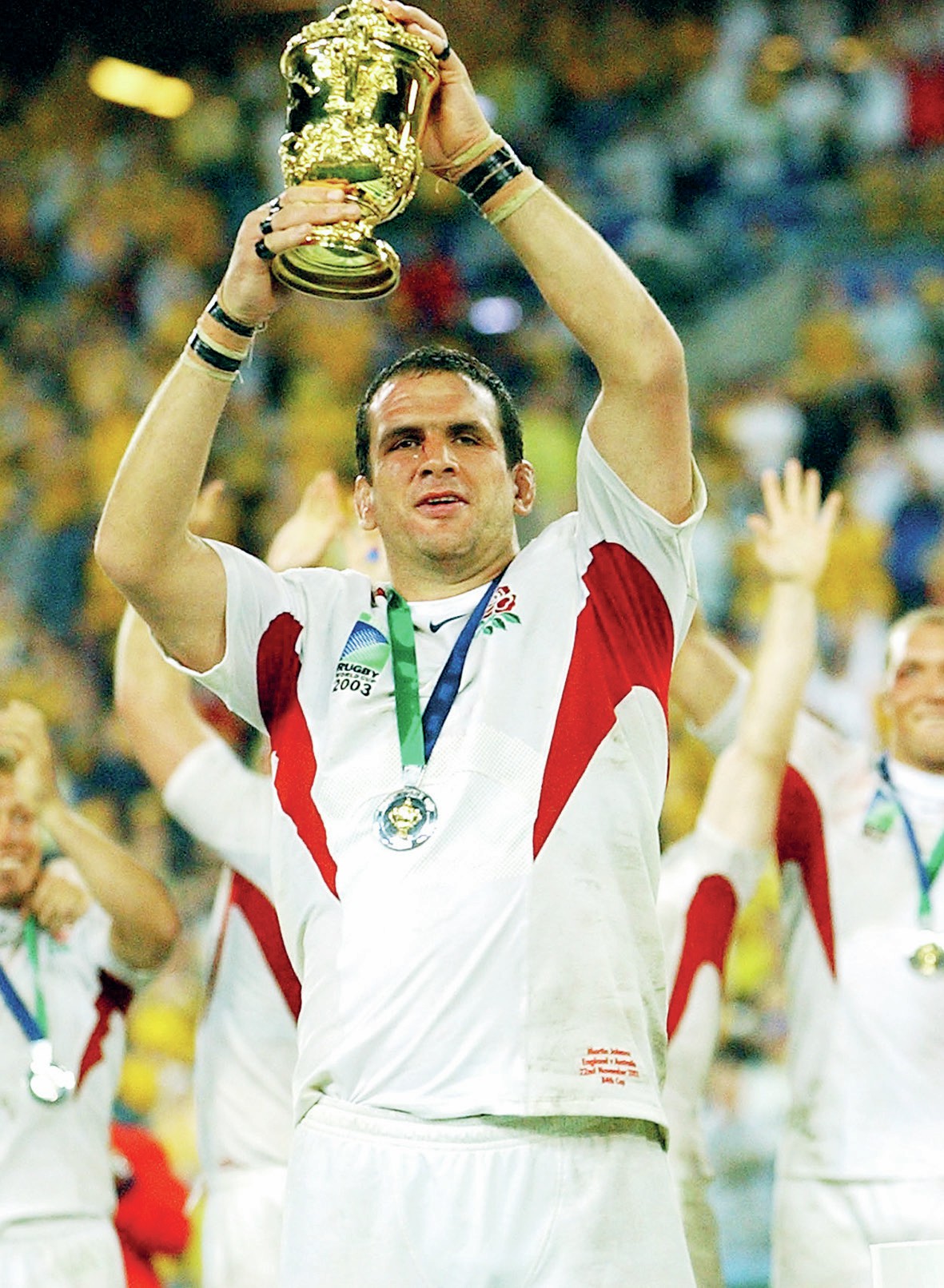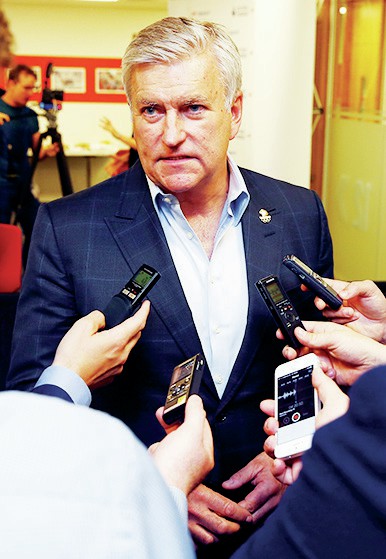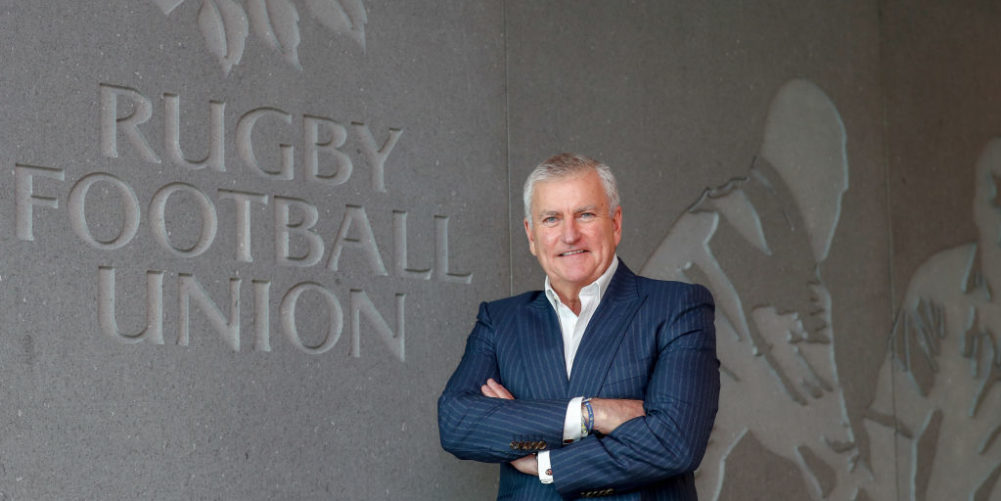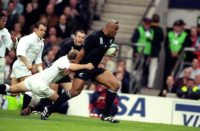A FRONT ROW VIEW OF THE GAME

They always say that hindsight is 20/20 vision, making it easy to see mistakes that were made and finding the correct answer when you look again.
The mistakes that are currently decimating our professional club game were made long ago and were cemented in place during the time frame between 1998 and 2010 when Francis Baron was in charge.
Baron oversaw the increase in player payments for international games and the increasing strain the England team costs put on the game during that period, but he also oversaw what was a financial watershed moment for the game in England. A World Cup win.
Having reached the final before in '91, the RFU knew that there would be a massive growth in the game for a short period after the final no matter what the result. However, the union were not expecting it and were not prepared to take advantage then but, as a result, were well placed in 2003 to take full advantage.
Winning the World Cup massively increased interest in the game and the amount of money made by the union. But it also increased the outgoings because, as costs soared, so did the expectations of increased salaries.
What has to be factored in is that the World Cup win was a win for England rugby like no other. Even the '91-'92 back-toback Grand Slams paled into insignificance by comparison. It brought increased sponsorships across the game and improved TV deals, while seeing more players at all levels of the game even if just for a relatively short period of time.
It was during that time that the Elite Player Squad (EPS) and Professional Game Agreement (PGA) were increased, admittedly not by the eye-watering sum that Bill Sweeney's predecessor (Ian Ritchie) agreed to shortly before unexpectedly leaving his post as RFU CEO and joining the Premiership as its chairman.
Doubling the amount that had been previously paid for the PGA was seen by some in the game as a success by Ritchie as it stopped a lot of the club verses country rows that had been bubbling under the surface for some time.
However, the amount agreed was far beyond what the game could afford and has put a constant strain on the RFU's finances and grassroots funding ever since.
This is because the RFU and Premiership agreements are legally binding contracts, so if money is short it has to be taken from the amount set aside for the grassroots game, which has no legal guarantee.
It is a simple fact that Regulation 9 has been in place since the game turned professional in 1995/6 so in theory there was never a need for an EPS or a PGA.
The idea was formed to give an England coach an advantage by buying him more time with his players before the international windows to improve the chances of the team winning.
This has had mixed results over the years and could, after just one World Cup win and two Grand Slams (2003 and 2016) since the start of the professional era, be seen by some as a waste of money.
One area where I disagree with Francis Baron is pointing a finger at Sweeney who has arrived into a financial situation which is not of his making, and then being hit by Covid, which obviously has had a major impact on all hospitality businesses.
In my opinion, Sweeney is carrying the can for a number of CEOs before him and has yet to be able to bring his own ideas to the table.
Even though a lot of what Francis says makes sense, he knows that there is no silver bullet and any move to massively reduce Premiership funding could sadly see a number of other clubs following Wasps and Worcester into administration.
Seeing the reaction that has been created by the unexpected loss of Wasps and Worcester there is no knowing how the game would survive a total reboot at this time.
One thing that is certain is it would also badly damage the ability of the RFU to field a strong England team over the next few years.

As more and more formats for the future are aired from the 10-team leagues, which while good for player welfare with less game time to play, will also reduce clubs' opportunities to raise revenues with fewer matches.
As for no overlap between international and club games, that was offered but then refused by the clubs when the PGA was formed.
With uncertainty over the future structure, it's probable that established players would look to ensure their future overseas, which doesn't bode well either for this season's World Cup or the next.
One thing for certain is that the game will survive, but the question is in what form?




























